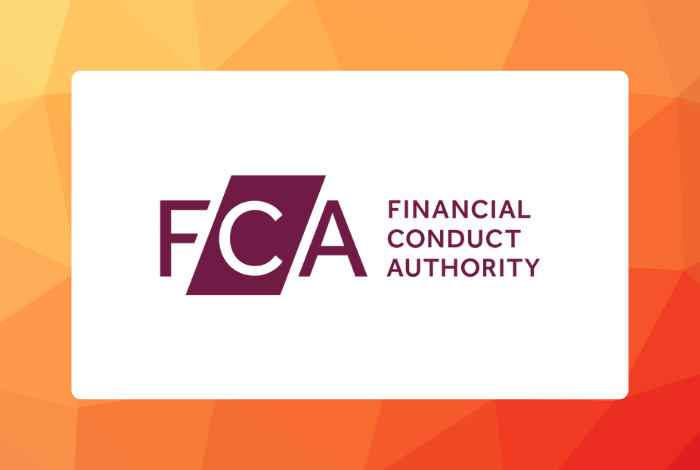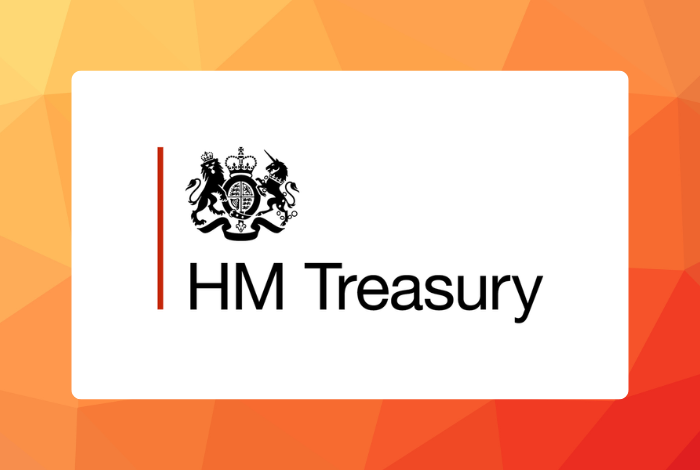Introduction
In anticipation of your forthcoming Autumn Statement 2024, CryptoUK would like to offer perspectives that reflect the interests of our members and the wider digital assets industry. CryptoUK is the leading trade association representing the digital assets and blockchain industry in the UK. The industry and the underlying technology we advocate for is revolutionising a number of industries, such as financial markets, through Bitcoin as a store of value, tokenisation and payments, and through central bank digital currencies and stablecoins. The technology is proven to improve productivity and support growth through job creation, overseas direct investment and new tax revenues.
Our members range from small to large businesses engaged in various technologies, including blockchain and distributed ledger technologies, with a particular focus on digital assets and cryptoassets. Our membership also includes professionals such as accountants, tax advisers, solicitors, and software solution providers. They work with UK individuals and businesses involved in crypto-related activities, representing the full spectrum of the UK’s entrepreneurial and innovative spirit. This unique insight aligns with the Labour Manifesto’s priorities and supports the government’s goals of fostering economic growth, business innovation, and an effective taxation system.
Below, we outline four key priorities we believe are crucial to the continued growth and competitiveness of the UK fintech and digital assets sector, along with more detailed recommendations to ensure that taxation supports rather than hinders innovation.
- Position the UK as a Global Fintech and Innovation Leader
The UK risks falling behind other jurisdictions. While Labour’s Manifesto commits to driving UK prosperity globally, significant progress has been made in other jurisdictions in developing regulatory frameworks that encourage innovation while protecting consumers and monetary systems. With positive signs emerging in the US regarding cryptoasset legislation, including
bipartisan support, the UK must respond swiftly. To maintain competitiveness, the government must accelerate the legislation already in place and collaborate with the sector to ensure the UK remains a global fintech leader.
Recommendations: Expedite implementation of the existing cryptoasset regulatory framework and foster stronger collaboration with the industry to sustain the UK’s leadership in fintech. This will create jobs and spur economic growth, when coupled with sound taxation policy that directly affects this industry as articulated in the remainder of this letter.
- Revive Public-Private Sector Collaboration
Collaboration between the public and private sectors has dwindled in 2024, stalling the progress of cryptoasset and stablecoin regulation. CryptoUK has been consistently engaged with government departments and regulators, participating in consultations, roundtables, and discussions. With the world moving rapidly in fintech, the UK must reignite collaboration to sustain its economic development and innovation. We stand ready to support the government.
Recommendations: Revitalise public-private sector collaboration on digital assets, ensuring continued progress on the already outlined and consulted on regulatory framework for cryptoassets and stablecoins. Implement CryptoUK’s Tax Working Group taxation policy changes. Our discussions with HMRC were productive and they acknowledged both the existing problems, as well as the soundness of the solutions presented to them by us. These are designed, agreed, and ready to be implemented now.
- Ensure Tax Policies Support Blockchain and Emerging Technologies
Currently, the spending support for and appropriate taxation of blockchain, digital assets, and other emerging technologies lacks clarity in the Autumn Budget. The financial services sector has received vocal support, but blockchain-enabled innovations and the businesses utilising them have not been adequately recognised. PwC estimates that blockchain could contribute £57 billion to the UK GDP by 2030, with blockchain businesses operating across the UK. Labour’s Plan for Financial Services highlights support for central bank digital currencies and securities tokenisation, but more direct action and plans for this vibrant and innovative industry is needed.
Recommendations: Ensure clear, vocal support for blockchain and digital asset innovation in the Autumn Budget, alongside financial services and AI. In addition to its vision to “make the UK a global hub for securities tokenisation”, the government must ensure that spending and taxation actually supports rather than hinders that promise. Public endorsement will drive both private and public sector adoption of blockchain technology, fueling growth in sectors beyond fintech, including logistics, healthcare, and public services.
- Align Taxation of Emerging Technology Transactions with Traditional Transactions
The taxation of cryptoasset transactions, particularly DeFi, has not been appropriately aligned with traditional transactions where appropriate; often, it is also not appropriate to the economics of new types of transactions. The size of this market is substantial, with one estimate indicating that there will be over 1.4M UK taxpayers engaged in DeFi activities. As a result, CryptoUK has
provided detailed advice to HMRC and HM Treasury on the tax treatment of DeFi activity, however, progress has stalled. Additionally, capital gains tax changes, including reducing the CGT annual exempt allowance to £3,000, will disproportionately affect crypto investors, burdening them with compliance costs and discouraging innovation. Crypto investors are not limited to high networth individuals. Rather, our Tax Working Group experts work with everyday retail investors and holders. Further, FCA research (June 2023) indicates that in the UK the number of holders has more than doubled since 2021 to 4.97M, owners are more likely to be male and aged under 45, and that 63% of owners were holding £500 or less (the mean holding was £1,595). As a result, one can extrapolate that the taxpayer complexity and costs of reporting are possibly less than the revenue raising benefits.
Tax Policy Recommendations:
- Immediate term–Implement the CryptoUK Tax Working Group’s solutions on the taxation of DeFi transactions; these are the solutions noted above that should be implemented now.
- Medium term–Introduce tax-efficient investment vehicle wrappers for UK based exchanges on select cryptoassets. This provides a means for individuals to invest in cryptoassets in a limited and safe way with UK exchanges. This would remove tax reporting burdens and promote a healthy tax system making compliance easy.
- Longer-term–Commission a broad and deep apolitical project similar to those of the Law Commission which can conduct important practical and theoretical research on how best to tax cryptoasset transactions.
In most cases, aligning digital asset taxation with traditional transactions ensures fairness, reducing administrative burdens on individuals and businesses and encouraging greater participation in the digital economy. However, new types of transactions must be evaluated to ensure the economics of the transaction are well understood, and in some cases, new taxation approaches will be needed. Reducing compliance costs and simplifying taxation promotes wider engagement in the blockchain space, driving economic growth while ensuring a healthy tax system. Clear, fair taxation policies will encourage more individuals and businesses to invest in digital assets, expanding the sector and its contribution to the UK economy.
Conclusion
To maintain the UK’s position as a global fintech leader and support innovation across the digital asset sector, the government must act swiftly to implement a supportive regulatory and tax framework. CryptoUK and its Tax Working Group remain committed to working with the government to ensure fair, proportional taxation that fosters economic growth and innovation. Labour’s commitment to a fair tax system aligns with the need to recalibrate cryptoasset taxation, ensuring that emerging technologies are treated fairly and proportionately in comparison to traditional financial transactions. In addition, Labour’s focus on ensuring fair and simple tax policies aligns with CryptoUK’s recommendation to implement clear guidelines for DeFi and other cryptoasset transactions that have been provided in detail to HMRC previously.
We would welcome the opportunity to meet and discuss these recommendations further.




